Government Data Models
Use this area to explore standardized data models for government scenarios. Each model defines the tables, relationships, and fields that structure information consistently across solutions. Data models connect directly to the personas who rely on the information, the use cases that bring it to life, and the app starter kits that implement it in practice. This ensures your apps are built on a common foundation that promotes reuse and interoperability.
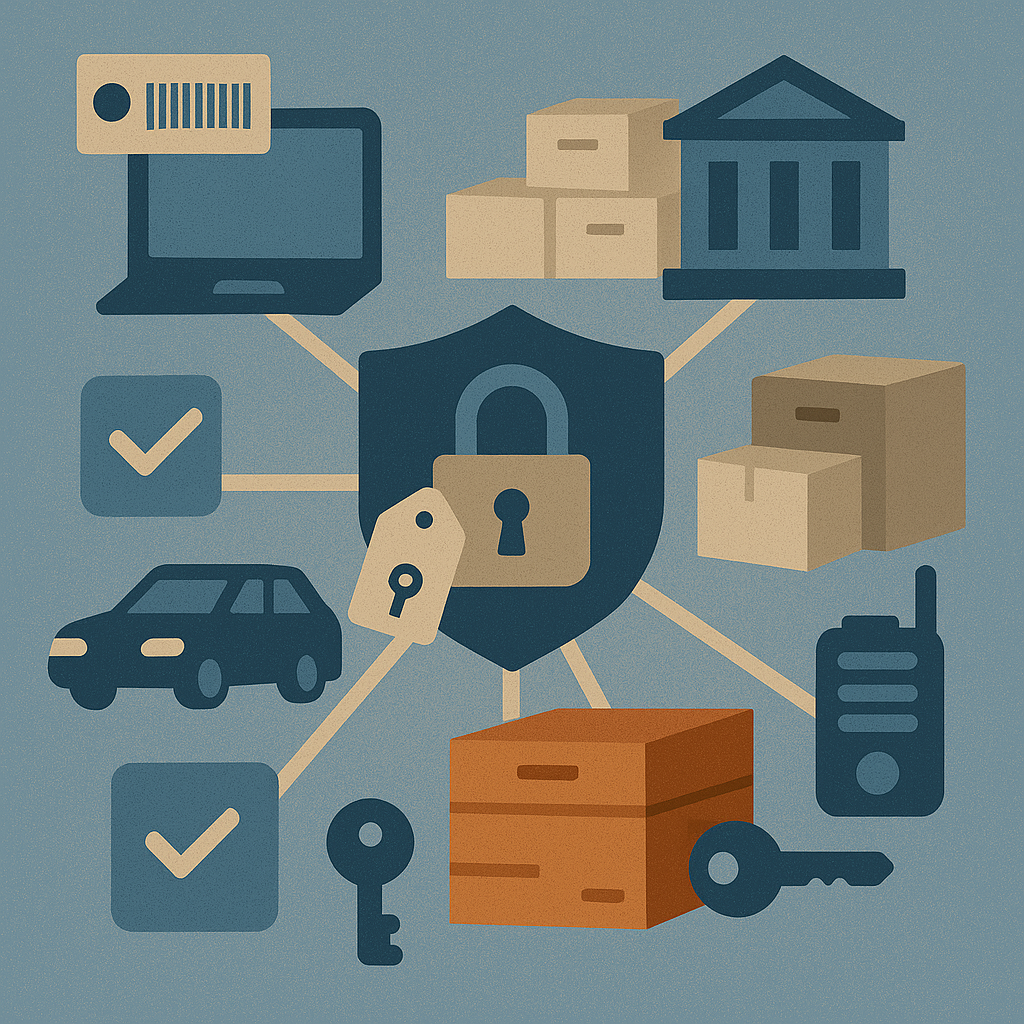
Asset Management
Defines the data model for tracking, categorizing, and managing physical and accountable assets across agencies, including asset ownership, location, and service history.

Core
The foundation for all other modules, including people, organizations, legal references, documents, approvals, geographic data, and more. It is designed to accelerate development and ensure consistency across government apps.
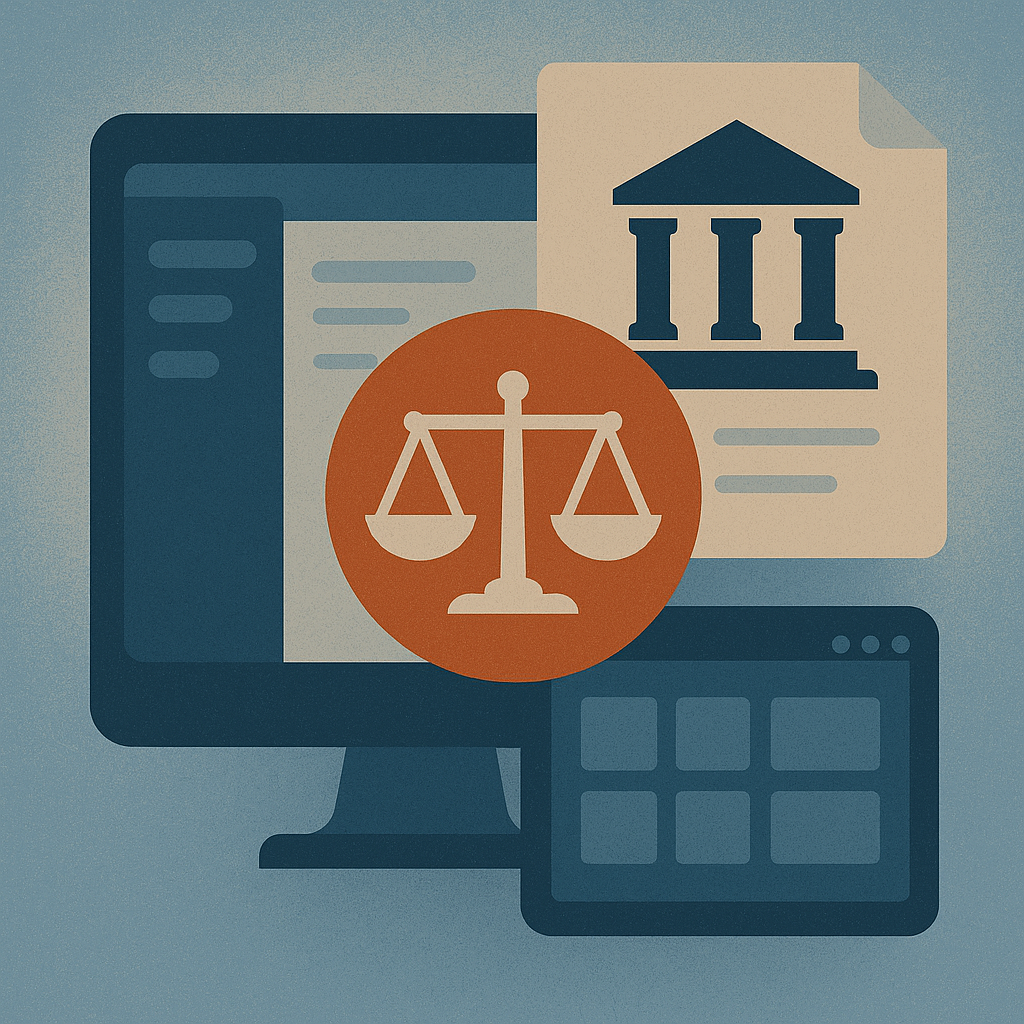
Court Case Management
Data model for managing court cases, hearings, documents, motions, orders, sessions, and parties within a court case management workflow.

Data Integration
Data integration and synchronization management for government systems

Event Management
Data model for creating and managing events, attendees, sessions, sponsors, and bookable resources (reservations and payments) used by government programs for scheduling, registration, and resource allocation.

Executive Coordination
Enables agencies to manage, track, and evaluate high-level directives, taskers, and executive actions across programs, linking responsibilities, legal context, risks, and outcomes for improved coordination and accountability.
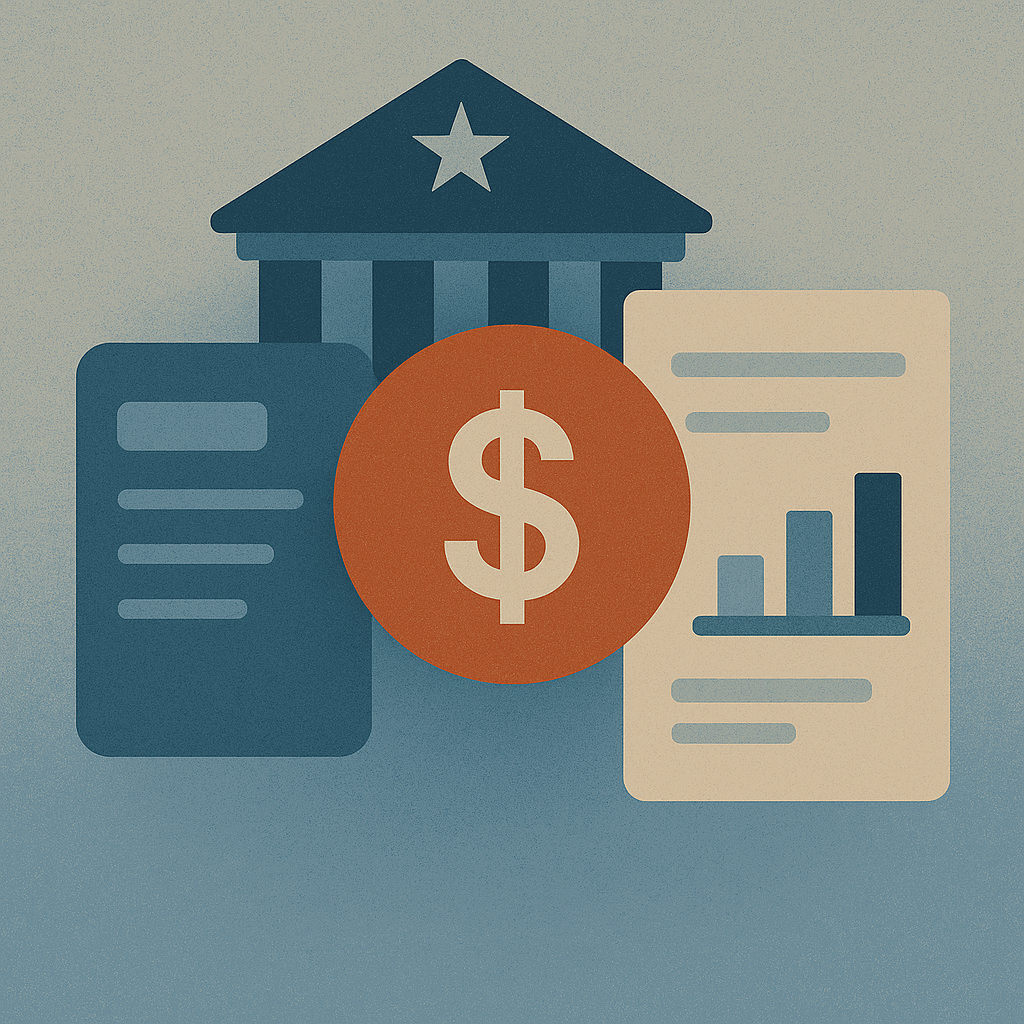
Federal Financial
Data model for federal financial management including budgets, purchase requests, procurement, and audit records.

Gamification
Data model for gamification constructs used to reward, track, and incentivize user interactions and participation.

HR Administration
Centralizes personnel actions, requests, and events for effective, transparent workforce management and compliance across the federal HR lifecycle.

HR Recruiting
Data model for managing job postings, candidates, and recruiting applications for government hiring processes.
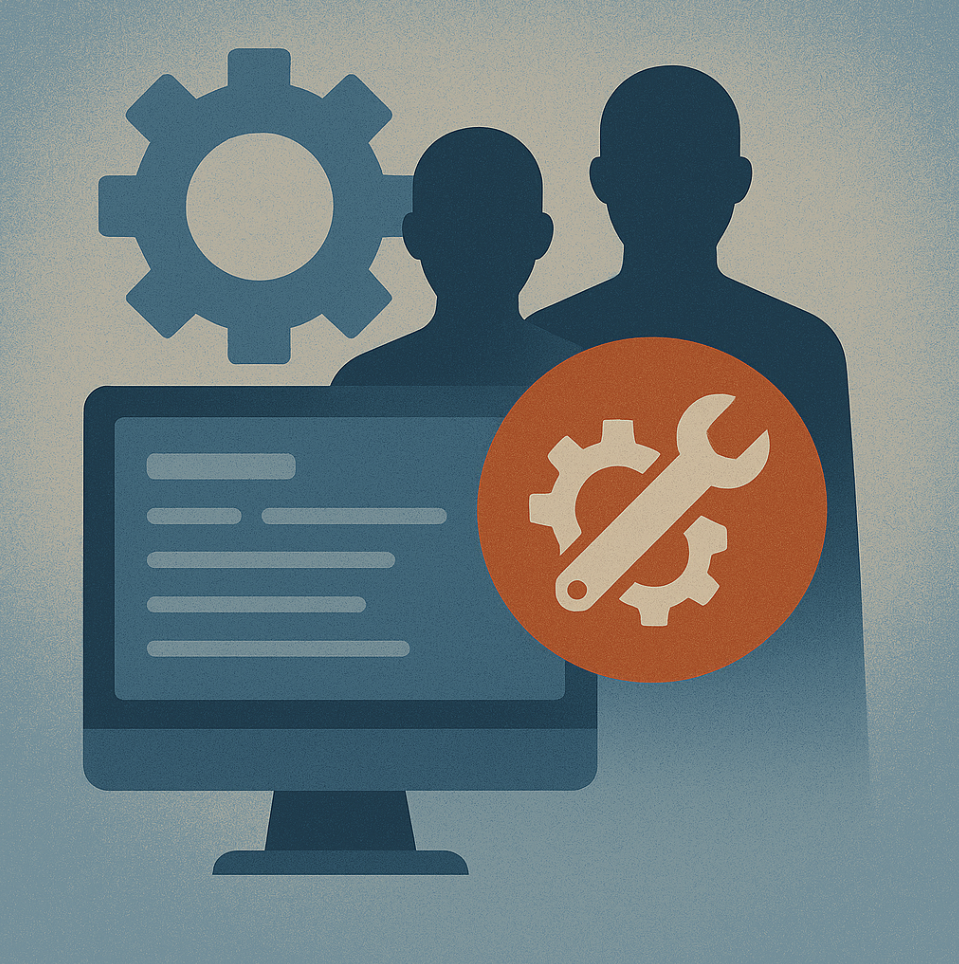
IT Service Management
Data model for IT systems, service and provisioning requests, compliance assessments, technology cataloging, and related operational records.
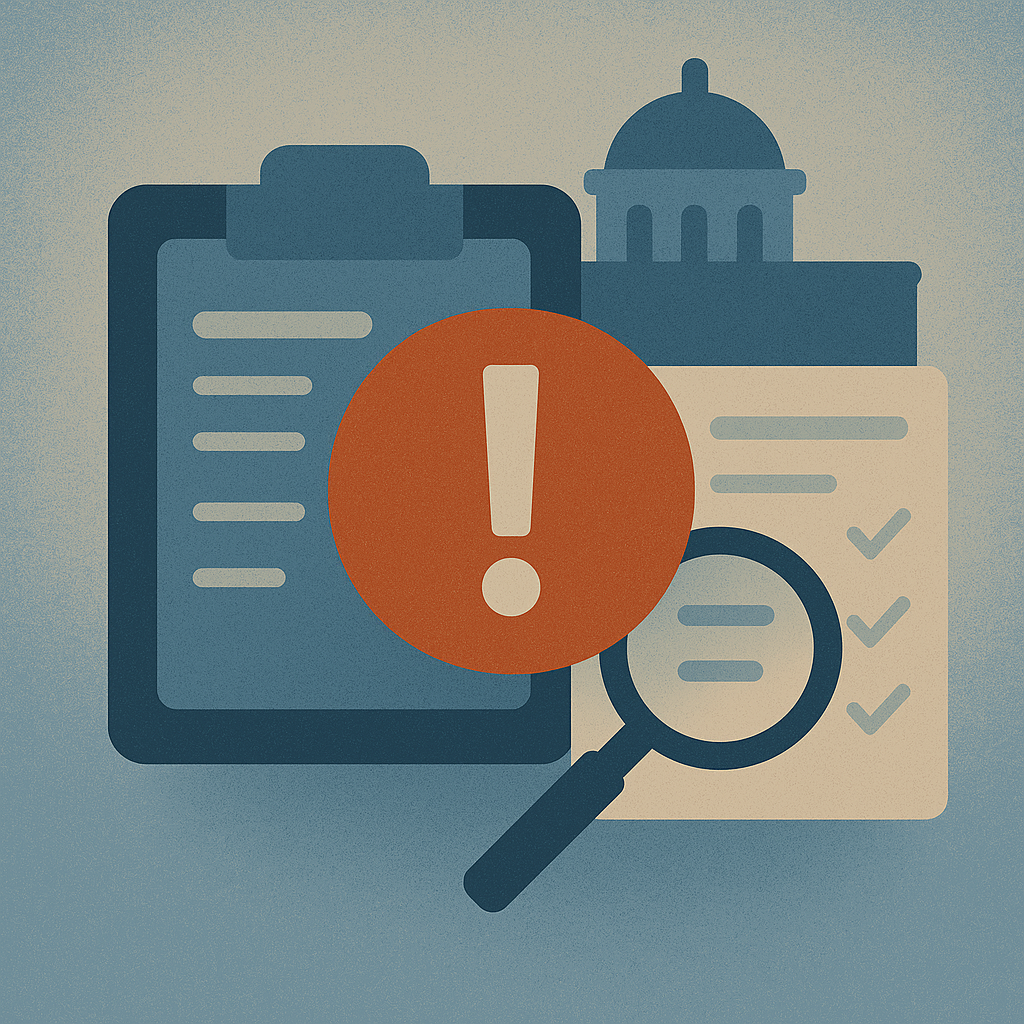
Incidents and Inspections
Data model for recording incidents, inspections, findings, recommendations, and after-action reports used to manage response and oversight activities.
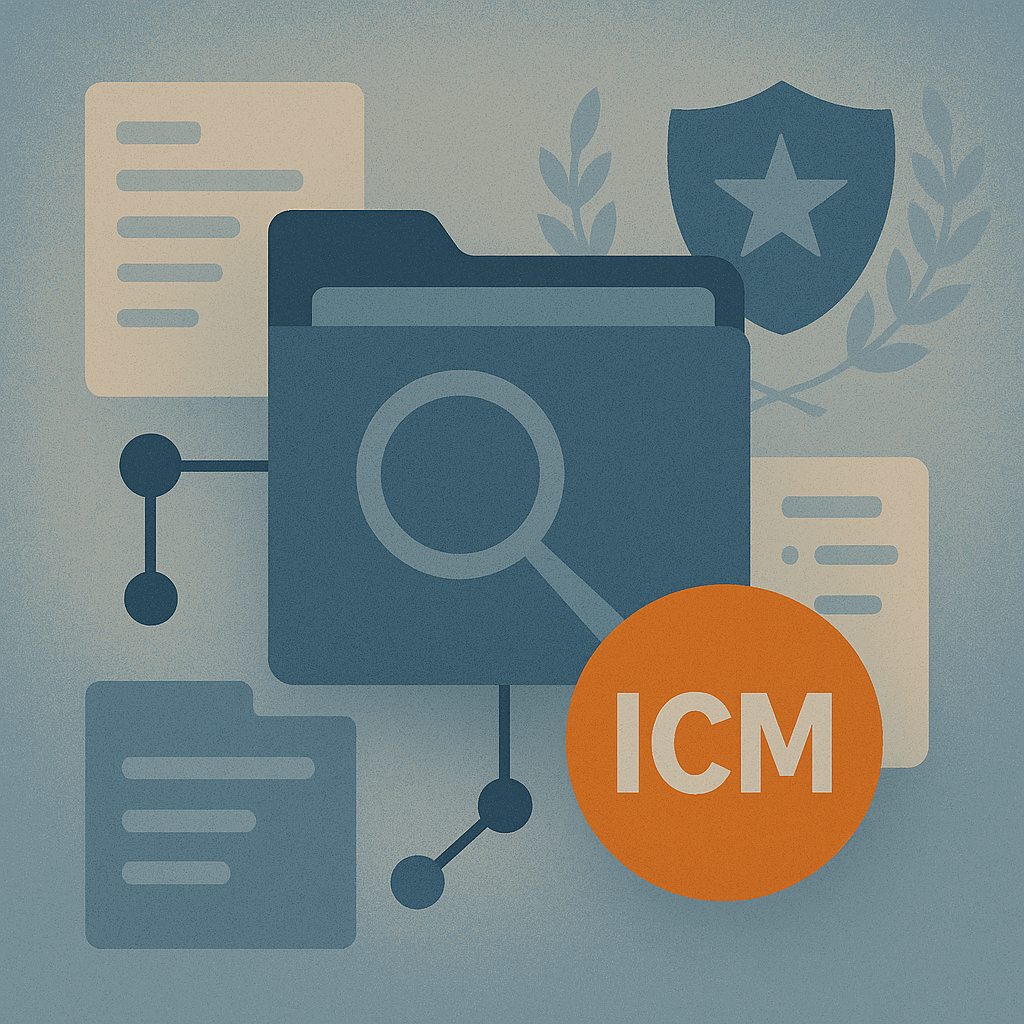
Investigations
Data model for managing investigative casework, linking people, evidence, and violations to support flexible investigative case management.

Knowledge Management
Organizes and manages knowledge artifacts including KB articles, catalog items, categories, and related metadata to help agencies publish and discover institutional knowledge.

Personnel Security
Data model for managing clearances, investigations, access, and security events. It supports the full lifecycle of personnel security, from background checks to badge issuance and risk monitoring.
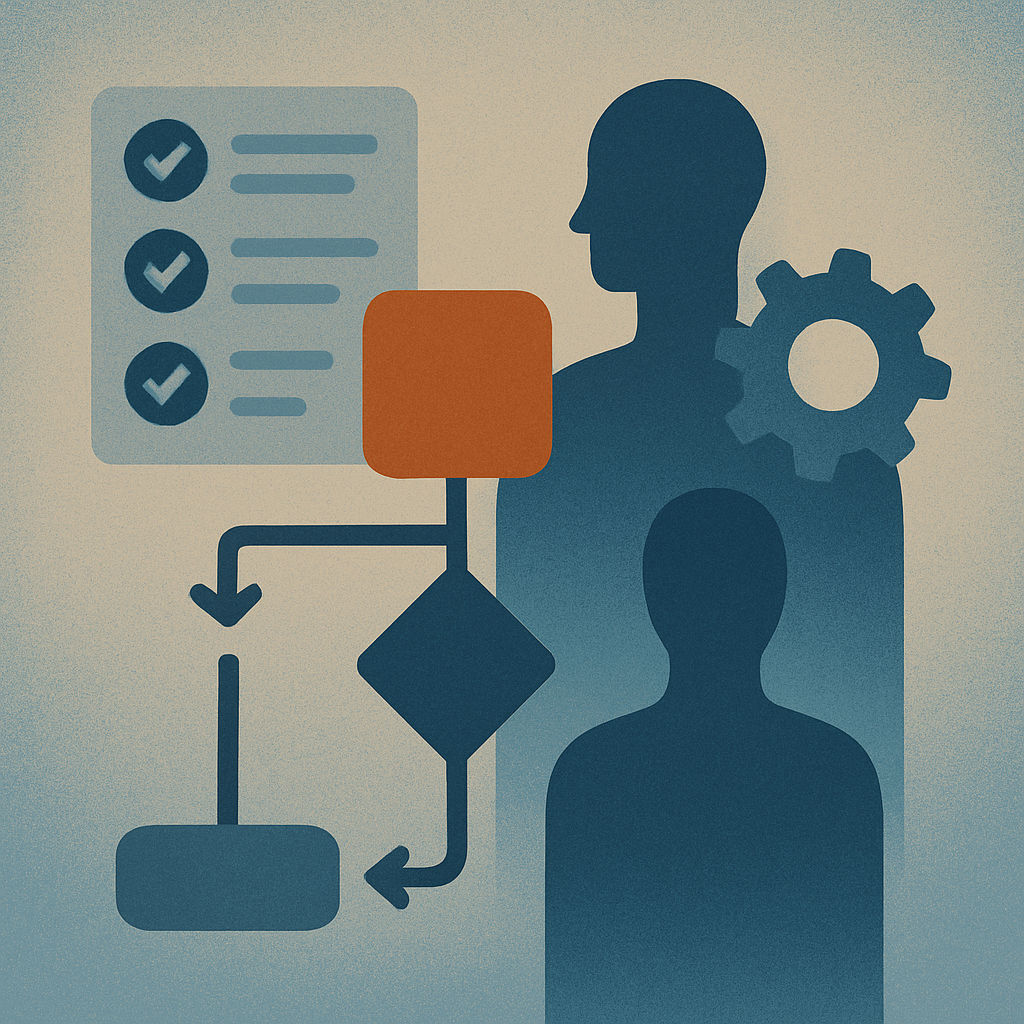
Process and Tasking
Data model for process templates, steps, action items, collaboration, and approvals, enabling agencies to automate and monitor complex processes across programs.
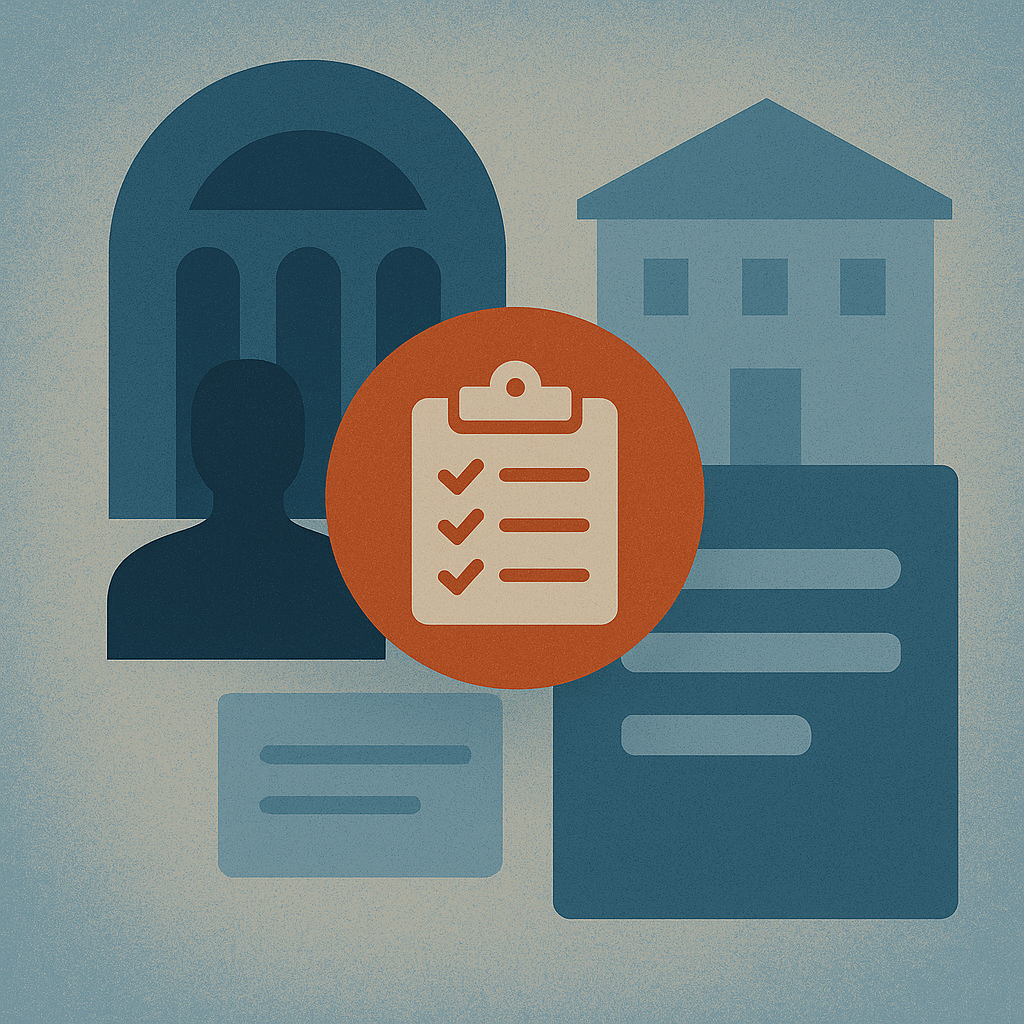
Programs and Services
Defines programs, enrollees, entitlements, services, and related claims to support program delivery and participant management across agencies.
Project Tracking
Standardized data model for capturing project requests, milestones, iterations, work items, resources, roles, and change requests to support planning, delivery, and oversight across agencies.

Time, Travel, and Expenses
Tables for personnel time, travel requests, and expense reporting to support workforce planning and financial tracking.

Training and Certification
Tracks courses, classes, enrollments, instructors, certificates, and related training artifacts to support agency learning and certification programs.
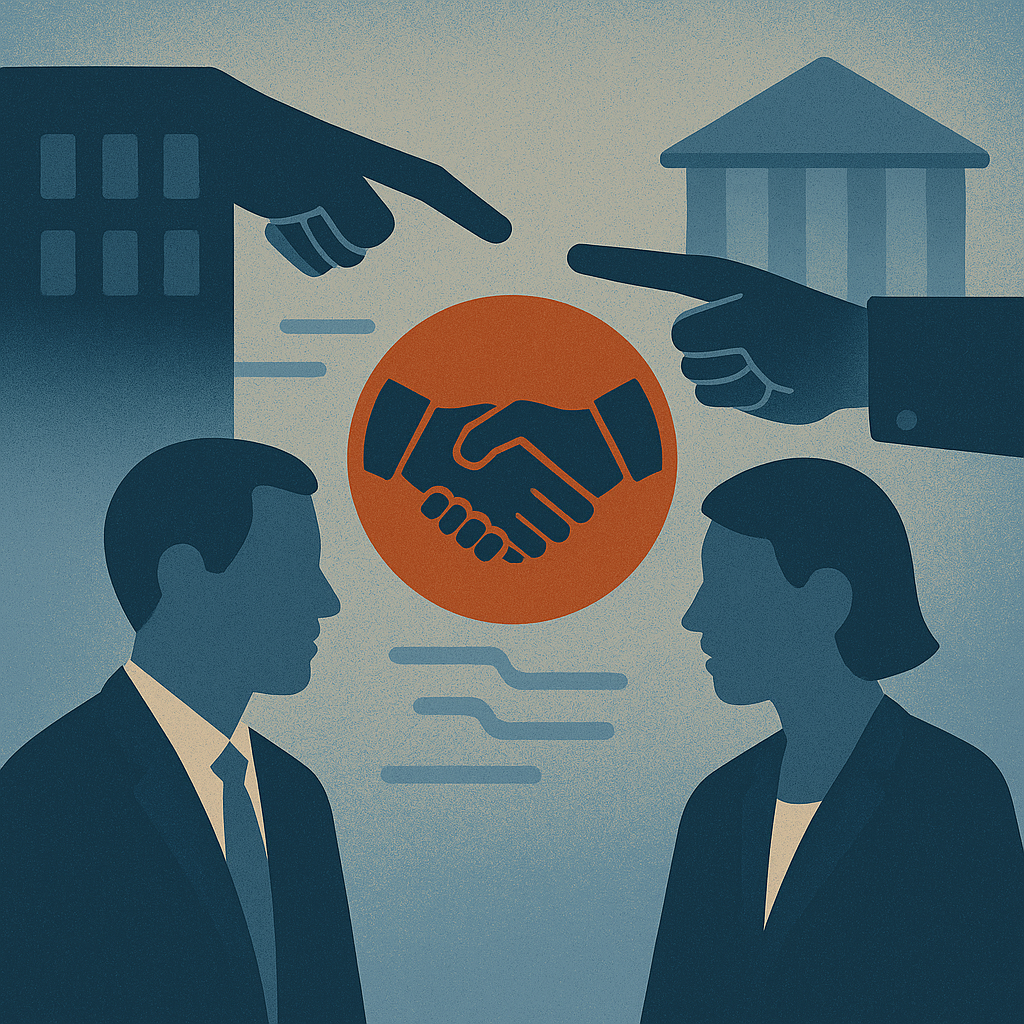
Workplace Dispute
Provides entities to track alternative dispute resolution, EEO investigations, grievances, and harassment cases within agencies.

